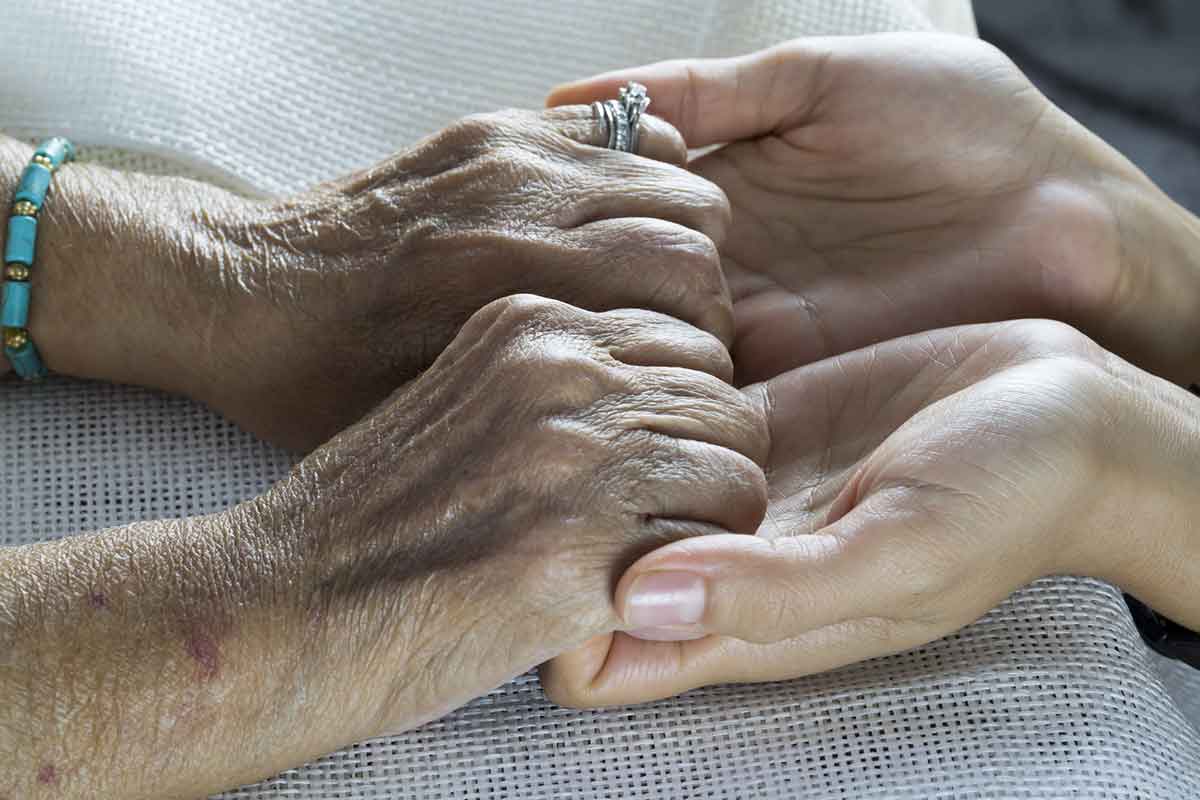
Not retiring: The pension savings conundrum
There has been a lot of talk about how to fund people living longer lives which has...read more
What should carers be aware of during the coronavirus pandemic?

Many older workers have caring responsibilities or at the very least elderly relatives and are understandably worried about the impact coronavirus will have on them and those they care for.
With the likelihood that people over 70 will imminently be asked to self isolate for their own protection, many will be looking to ensure they maintain regular contact via phone, Skype or any other means with their relatives and ensure that they have all they need in terms of food and medication. Isolation is a big issue for those self isolating so think about various different ways to stay in touch, for instance, setting up a group chat or playing online games together – or just phone regularly.
You can either call NHS 111 [if symptoms are severe] or visit their online coronavirus helpline. Let them know you are a carer if you are calling for someone you look after.
If you have agency workers or others supporting you, ensure hygiene is strictly adhered to. Have soap, etc, ready and check with the agency about contingency plans and hygiene routines.
If you fear you may not be able to fulfill your caring responsibilities at any time, have a back-up plan in place, involving trusted neighbours, friends and other family members. Ensure that key information is readily available for professionals and look at technology which can be used to support your family member. Your local authority may also have an emergency plan in place so check with them. You may also consider getting additional support through a carer’s assessment.
For those who are caring for people with underlying medical issues, the important thing, according to carer organisations, is to have a plan in place for dealing with any kind of emergency that may affect the person you are caring for or your ability to care for them, for instance, if you are ill.
An emergency plan should include emergency contacts, what you as a carer do, a detailed description of the person you care for’s needs and behaviour, information about medication and equipment. The aim is to help someone who stands in for you know exactly what to do and who they need to contact in particular circumstances. It is best to type or write this as clearly as possible.
If you become unwell, let your GP and social care – as well as your emergency contacts – know that you are a carer so they can cover for you. Make sure you give yourself time to recuperate and don’t be afraid to ask for help.
Legally, you can take a ‘reasonable’ amount of time off from work to see to an emergency or unforeseen matter to look after someone who relies on you for care, but it is unpaid, unless your employer offers extra support. Check their policies to see if this is the case. They may have a carer’s leave policy.
*With thanks to Carers UK and Action on Carers.